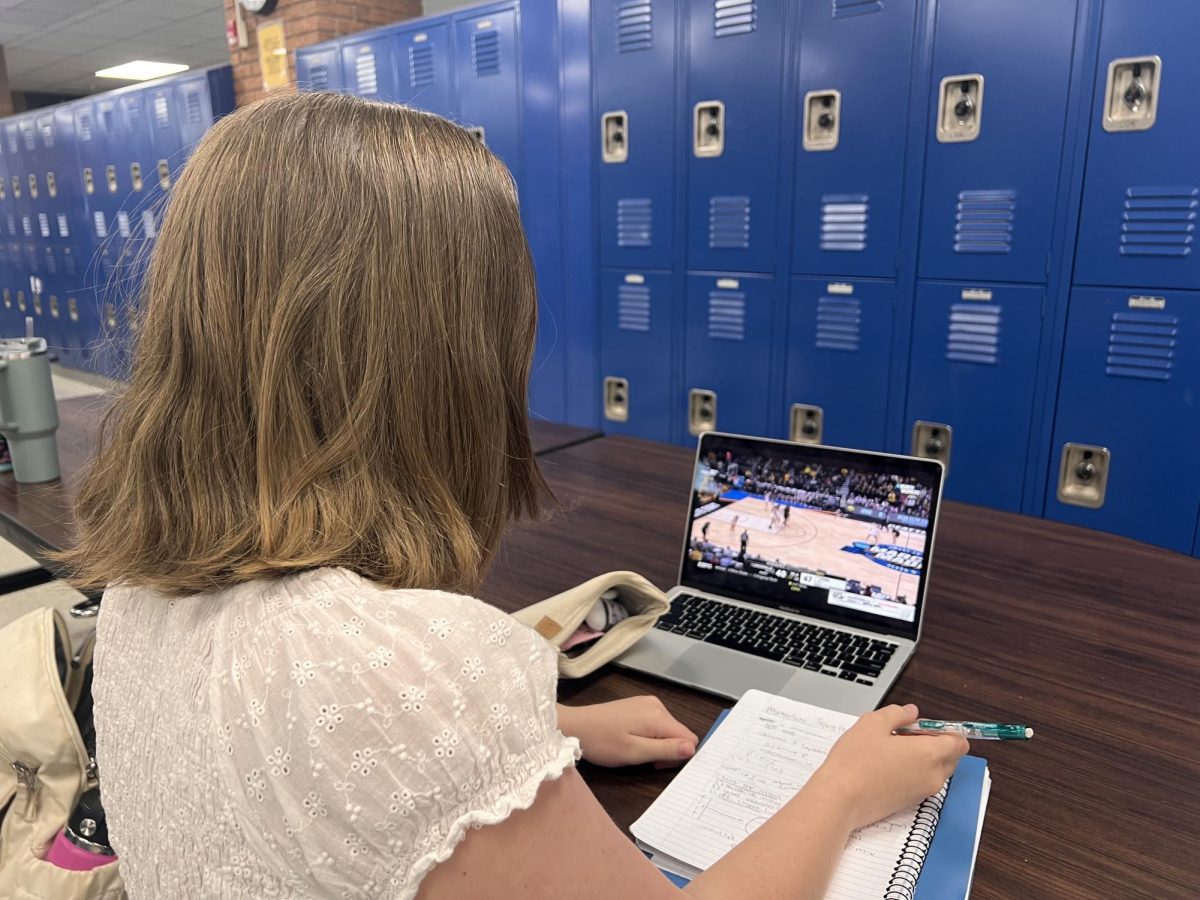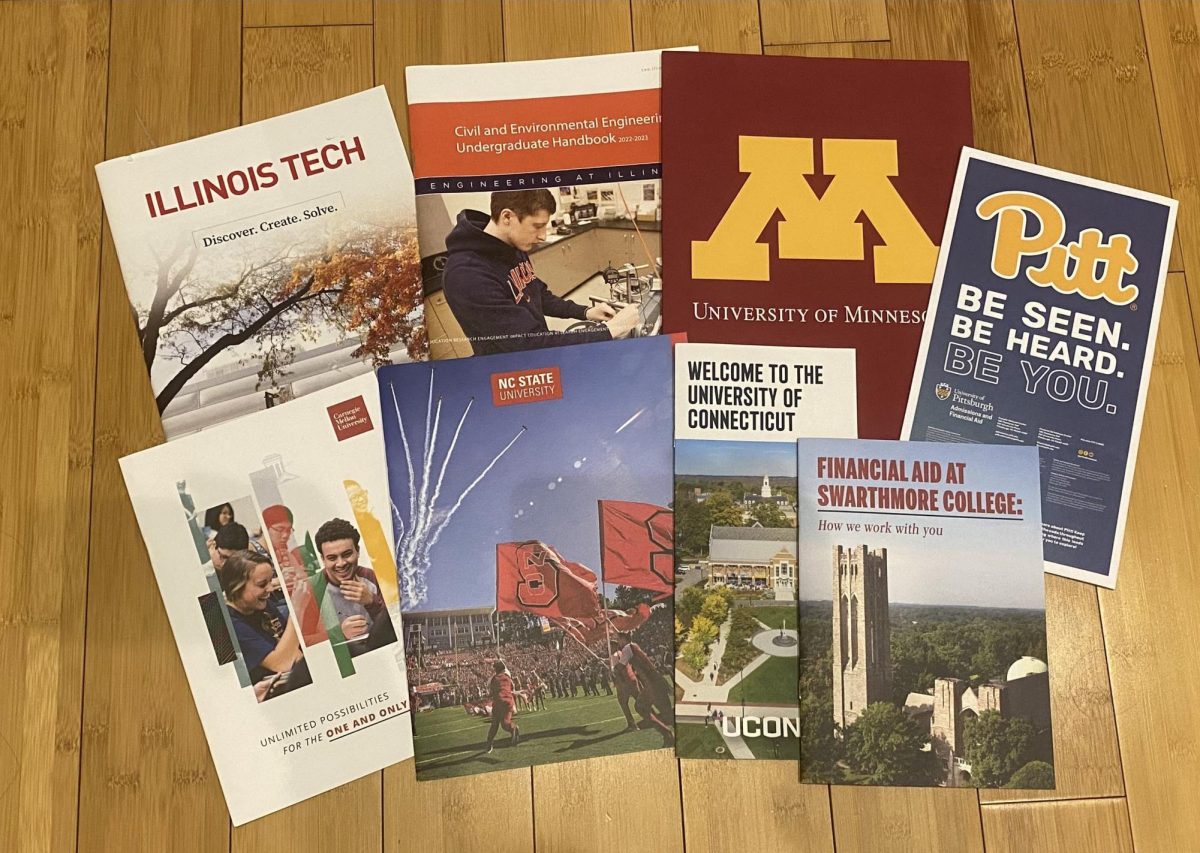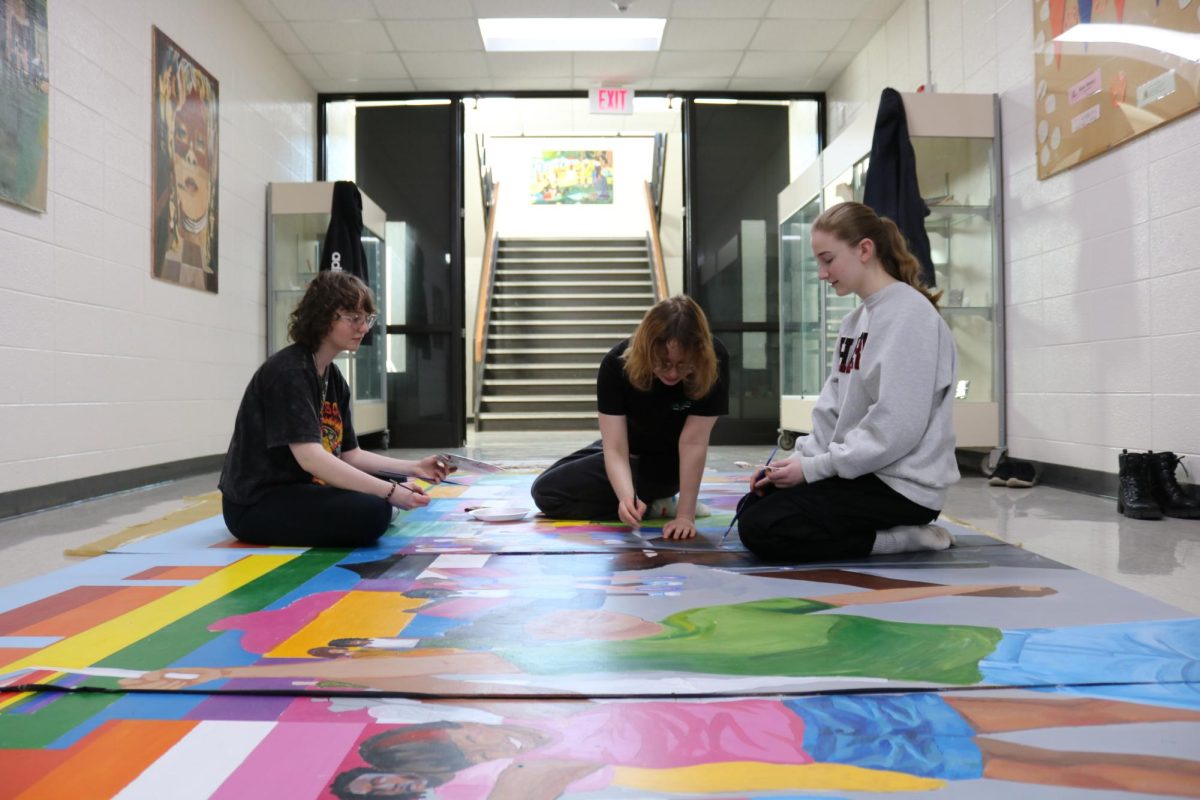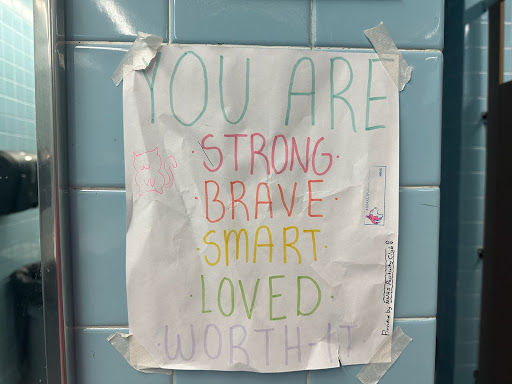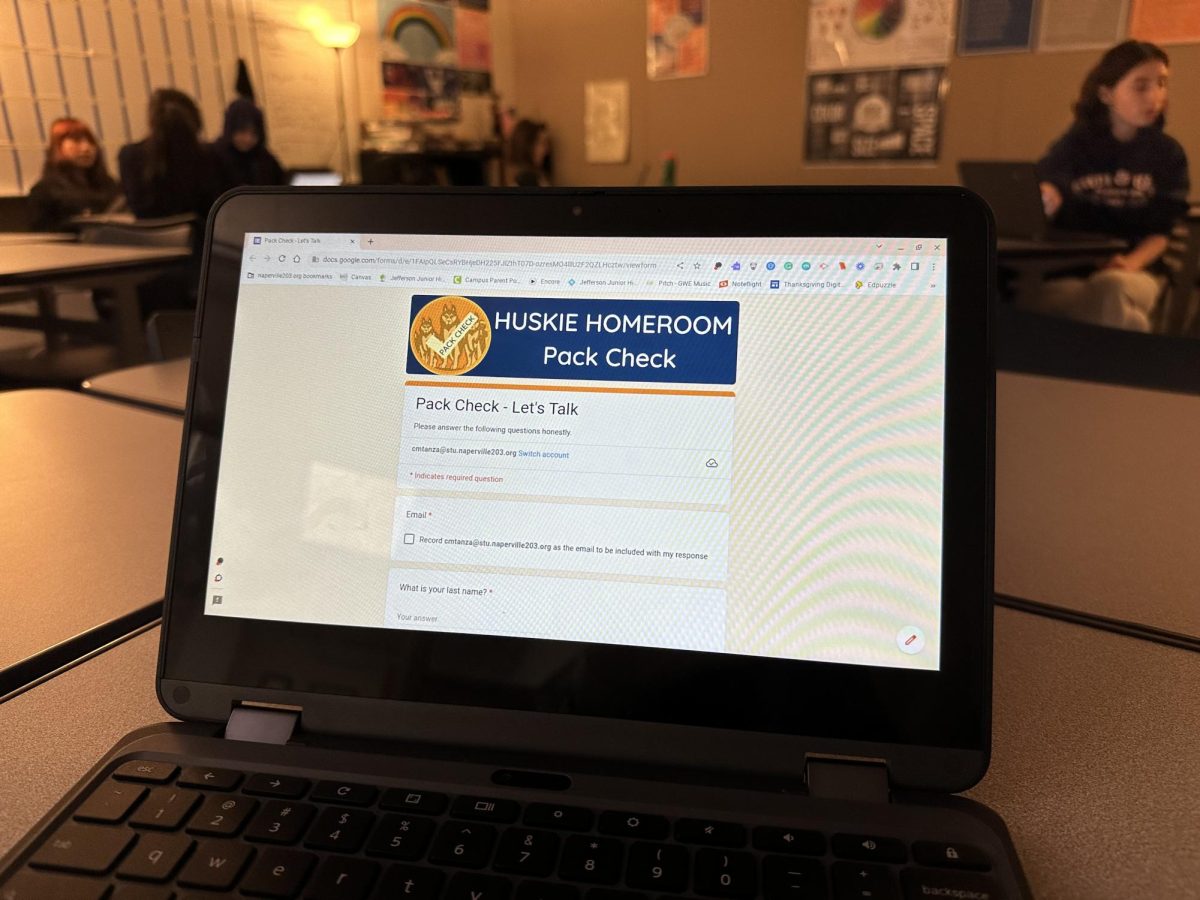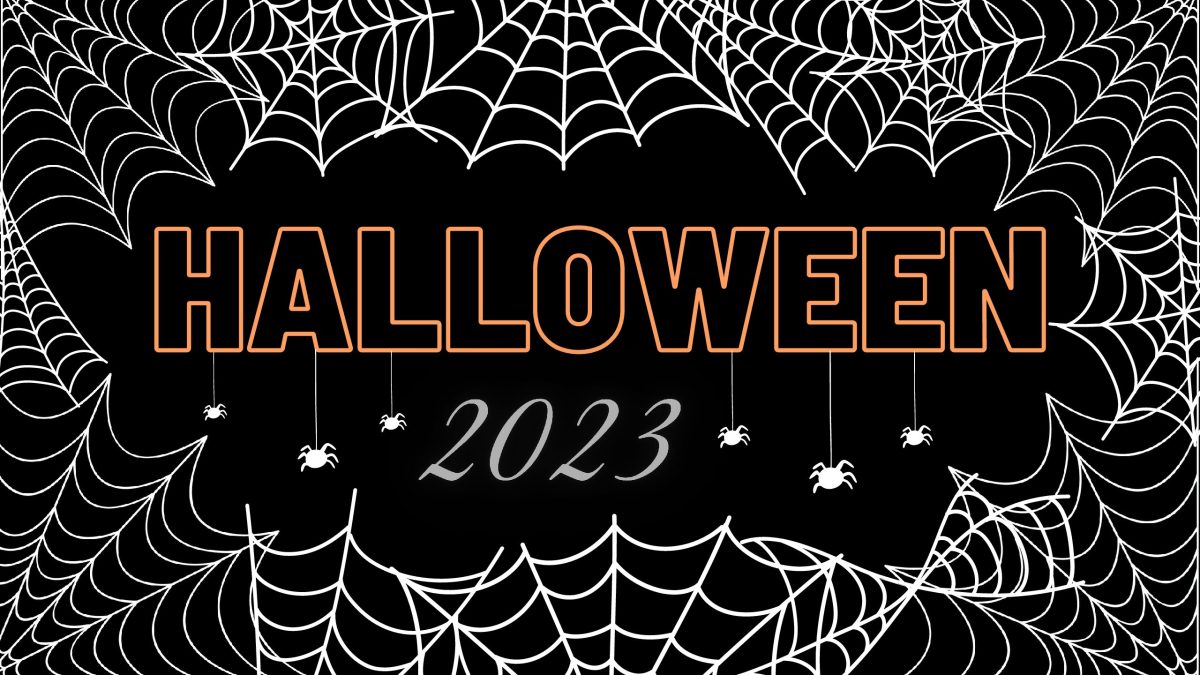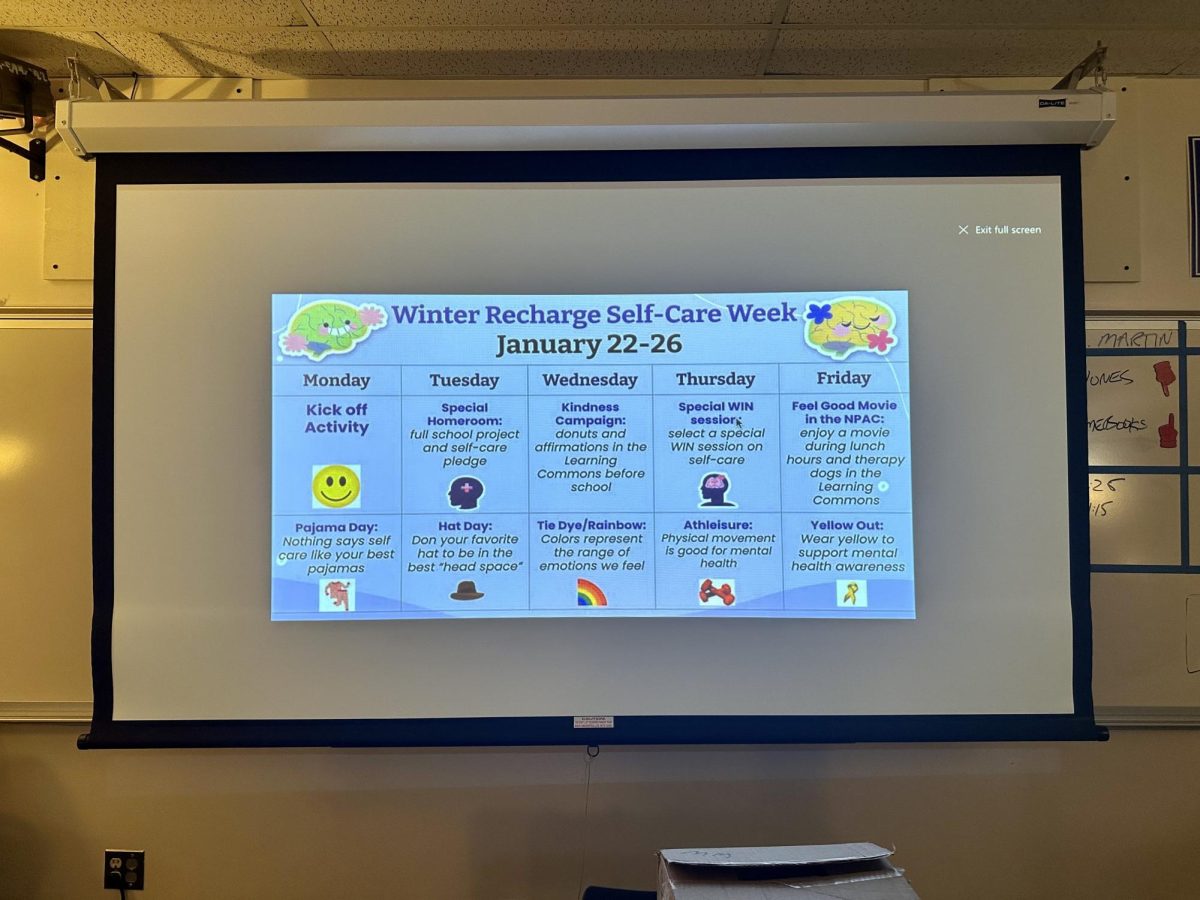By Staff Writer Shreya Narayan
This time last year, sophomore Christine Rogers slipped into her Ancient History classroom and readied herself for yet another final exam review packet. However, her teacher, Jeff Bedore, had other plans. He shocked the class with a peculiar proposition.
Instead of the dreaded, never-ending packet of multiple choice questions, Bedore and another Ancient History teacher, Ryan Dengel, found an alternative way to evaluate his students on skills such as critical thinking. One thing was for certain, memorization was not going to cut it for this final.
“Social studies is all about developing one’s claim through arguments,” Dengel, said. “Multiple choice tests are not able to properly assess students on this skill.”
Last year, Dengel chose to remove the multiple-choice final that he proctored during his Ancient History class. Instead, he decided to incorporate an element of pop culture to make the final more appealing. According to Dengel, teachers assign students an ancient civilization and task them to develop a claim about whether or not they think that civilization would survive a zombie apocalypse.
“We like this model because students can’t just ‘google’ the answer, they actually have to think it out. It’s not just out there and available to them,” Dengel said. “Before this, there was just a regular a-b-c-d multiple choice test, which we’re very happy to get rid of.”
Other social science teachers have reduced or completely done away the standard multiple-choice tests, and they are also starting to implement projects to better evaluate a student’s knowledge.
AP Psychology teacher, Ed Maxstadt – who also teaches Sociology, Intro to Psychology and American Problems in Law – thinks that both tests and projects are benefits to both methods of assessing.
“The AP exam is content loaded. When you do a project, there isn’t as much of a focus on content, but a specific idea within the content. A student’s approach on a project can be too narrow,” Maxstadt said.
While projects cannot mirror AP tests, they are often much more flexible and engaging. He believes that students who are personally interested in a topic will enjoy and benefit from the assignment much more. As a result, he allows the students to set the parameters for the project.
“I think [projects] are a wonderful idea, especially for [upperclassmen] who have a better understanding of their own abilities and skills,” Maxstadt said. “With an [underclassmen], you’re going to have to have more structure in a class.”
In his classes, he has a mixture of both projects and tests. He also offers units where students can choose between a project and a test. According to Maxstadt, 75-80% of his students create a project when the option is available, especially since some units are more appropriate for projects than others.
Meanwhile, Dengel takes this evaluation method one step further. Most other evaluations in his classes, which include Ancient History, Sociology, and Comparative Religions, are project based.
“We weren’t really assessing student knowledge [with multiple choice tests]. It was more of student memorization than anything else,” Dengel said.
Both teachers have gotten mixed results on their testing methods.
According to Dengel, students who are naturally good test-takers are struggling with projects since they often require more work than a test. On the other hand, students who really work hard and aren’t good test-takers love projects because it gives them an opportunity to show off.
“Initially, my students weren’t too crazy about [optional projects],” Maxstadt said. “However, when they saw my tests and how difficult they were, they went to the projects.”
Rogers, however, remains unconvinced. She still prefers a traditional test over the Ancient History final that she took last year.
“Honestly though, I still prefer the test because [the project] was stressful and only a week or two long. However, I think it was an interesting way to demonstrate what we learned – not just the facts but how to apply it,” Rogers said.

